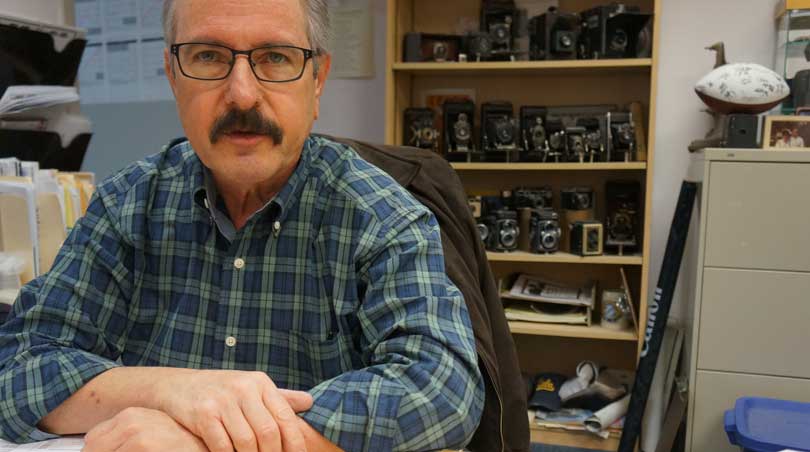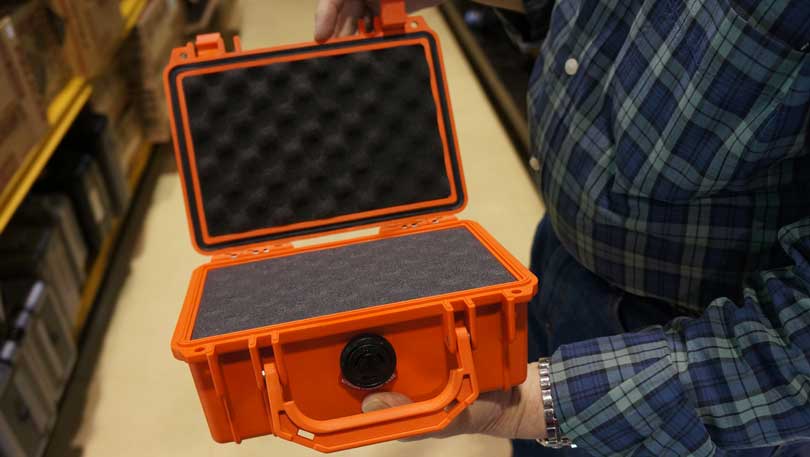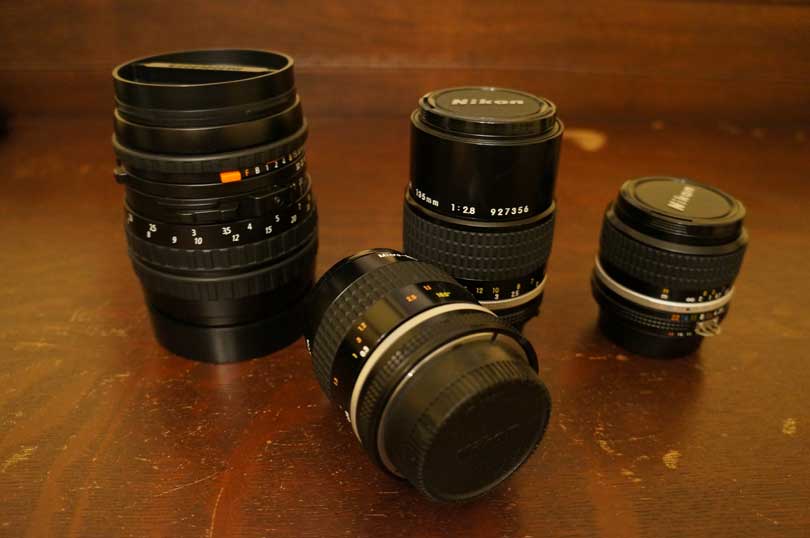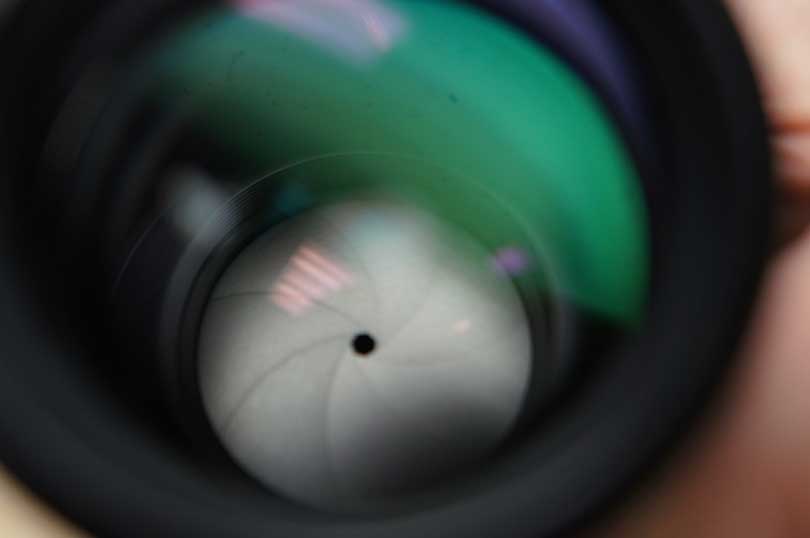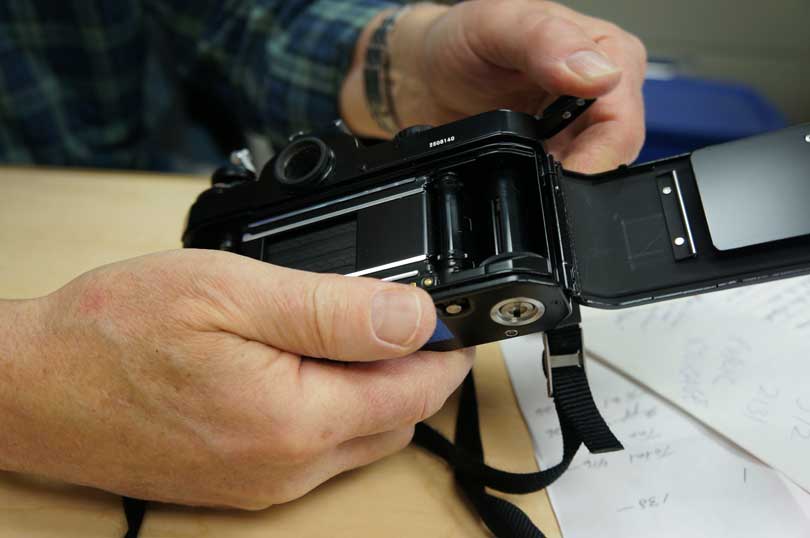
Storing and Caring for Vintage Cameras and Equipment
Feb 20, 2024 / Ann Griffith
You can tell an old–school camera aficionado by the way he stores his lenses (upright, with the front and rear lens caps on), said Fred Silvers, general manager of Bel Air Camera, an L.A. institution since 1957. Fred has been collecting and caring for vintage cameras for decades and remembers how difficult it was to get a good shot back in the day, before automatic settings, camera phones and portable equipment.
“It took knowledge and expertise; It’s an art form,” said Fred, who hosts the work of skilled photographers in rotating exhibitions at his store and offers classes for beginners.
All cameras that use film require more care than their digital counterparts, and if they don’t get it, their inner mechanisms could freeze up or the lenses could fog up. If that happens, they often aren’t worth repairing. With family and friends gathering for the holidays, this is one of the biggest photography seasons of the year, so if you haven’t been paying attention to your heirloom equipment in the hall closet, check out Fred’s tips for keeping your cameras working well through New Year’s and beyond.
Keep Your Camera Dry
It’s most important to keep your film–camera equipment away from moisture. In humid climates, throw moisture–absorbing silica packs in your bags, including when you travel to places like Cuba or Florida. Remove and replace every six weeks or so. If the outsides of the packs are not plastic, you can dry them out in the oven at 150 degrees and reuse.
You can also store camera equipment in special sealed boxes to protect them from moisture. Cut out a space in the foam for an exact fit or remove the foam and wrap in fabric.
Otherwise, if your equipment gets wet, when it dries again the old leather or fabric bellows could crack, or the shutter curtain that has been standard on film cameras in recent decades could crack, especially if it’s made of fabric. Or damaging bacteria could grow and ruin the insides.
Take Care of the Lens
Store your lens upright, so that if the lubricant in the shutter at the base of the lens dries out, it doesn’t drop in flaky black spots on the inside of your lens. Remove all lens filters and use both the back and front lens caps to keep out the dust. When you clean the lens, take care to dry the liquid, to avoid it seeping inside the lens. Also wrap your equipment in fabric inside your camera bag.
Once every three or four months, pick up your lenses and turn the ring at the base, to work the apertures and keep them lubricated.
Keep the Camera Working
Pick up your cameras and turn the knobs, click the shutter as if to take photos, to lubricate. Never store your camera with the shutter cocked, shown below. The spring inside could lose its flexibility.
Remove the batteries in all cameras and equipment, such as light meters, that you don’t plan to use often. This will help avoid damage if the batteries expire and leak. Do hold on to them so you know the right replacements. If you’re using your camera regularly, mark your battery expiration dates on a calendar.
If have more questions, you can find Bel Air Camera in the Westwood neighborhood of Los Angeles, where a team of experts offers private and group lessons.
Do you use film cameras, maybe even some that you’ve received from relatives, like me? Please share below or tell us on Facebook, Pinterest, or Twitter!
by Ann Griffith


